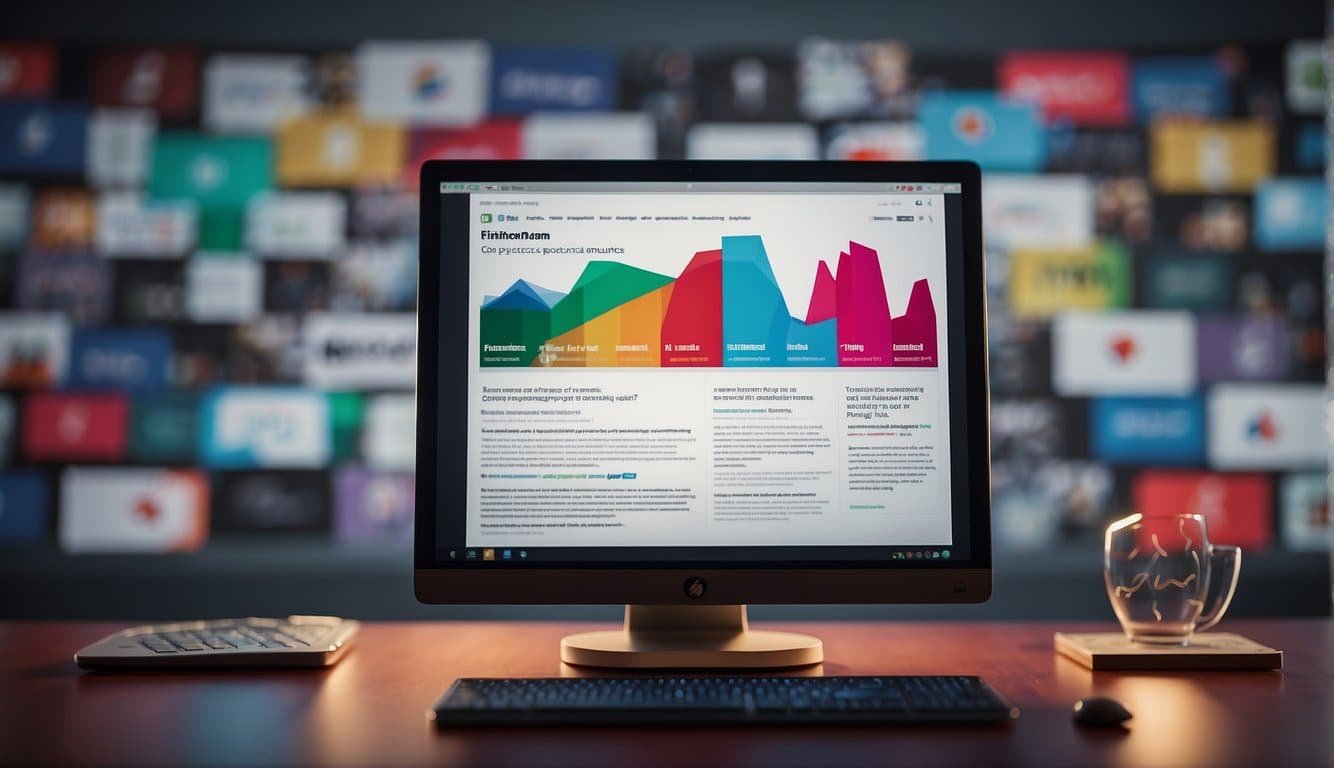Background of the Ban
In November 2013, the US Food and Drug Administration (FDA) issued a warning letter to 23andMe, a company providing personal genome services. This FDA action effectively brought the company’s genetic testing, which was based on saliva-collection tests, to a temporary halt. The FDA’s concern was centered around the potential health consequences that could result if the tests provided incorrect or misinterpreted information.
23andMe offers customers insight into their genetic makeup, providing information on potential health risks and ancestral background. These services had been gaining popularity as a means for individuals to take a more proactive role in understanding their health. However, the FDA highlighted that 23andMe had not sufficiently proven the accuracy of their tests, raising alarms about public safety.
The key issues included the possibility of false-positive or false-negative assessment of genetic risk for certain conditions, which, the FDA worried, could lead to unnecessary or dangerous medical procedures. The FDA’s ban was aimed at preventing self-diagnosis and self-treatment based on potentially unreliable test outcomes, asserting the need for regulatory compliance to protect consumers.
Thus, the crux of the matter lay in the intersection of consumer access to personal health information and the safeguarding of public health standards by the FDA. Despite 23andMe’s vision of democratizing health information, the ban underscored the need for rigorous validation in the rapidly evolving field of genetic testing.
Genetic Testing Concerns
As consumers navigate the landscape of direct-to-consumer genetic testing, accuracy in identifying health conditions and robust data security are paramount concerns.
Accuracy and Health Implications
The accuracy of genetic tests like those offered by 23andMe is fundamental because incorrect information can lead to significant public health consequences. Inaccurate predictions about health conditions may cause unnecessary stress or provide unwarranted reassurance. Medical experts often stress the importance of supplementary clinical confirmation of any serious health implications derived from direct-to-consumer genetic test results.
Data Privacy and Security
The protection of genetic data is a pressing issue, as it contains sensitive information that could affect a person’s privacy if mishandled. A data breach caused by hackers could have severe consequences, ranging from insurance discrimination to identity theft. In response to these privacy and security threats, companies must implement stringent measures to prevent any potential breach and ensure consumers’ genetic data remains confidential.
Consumer and Market Impact

The ban of 23andMe sent ripples through the consumer market, affecting both individuals eager to explore their genetic code and the businesses operating in this innovative sector.
Customer Experience and Response
Consumers initially drawn to 23andMe for insights into their genealogy and personal traits were faced with a sudden halt in the company’s health-related services. The intriguing possibility of unlocking secrets within their personal genetic codes faced a bureaucratic roadblock. While customers expressed a mix of confusion and frustration, 23andMe pivoted their focus to ancestry information and raw genetic data without health interpretations. A significant consumer response was seen in the form of mass arbitration, challenging the terms of service that originally did not permit such collective dispute resolution. However, an opt-out clause for arbitration provided some customers a pathway to seek legal redress independently.
Corporate and Legal Repercussions
The consequences for corporations like 23andMe were substantial, leading to a legal and corporate rethink of market strategies and terms of service. Legal battles highlighted the complexities of providing direct-to-consumer genetic testing and foregrounded the importance of privacy and consent in consumer terms of service. The corporate response involved enhancing consumer data protection and revisiting dispute resolution mechanisms, thereby attempting to regain customer trust and navigate through a stiff regulatory environment.
Technological and Scientific Perspectives

When it comes to 23andMe and its temporary ban by the FDA, the reasoning is mostly rooted in scientific concerns regarding the accuracy and interpretation of DNA testing results. This form of personal genetic testing provides consumers with information about their genetic makeup by examining specific genetic variants.
In the arena of genetics, each gene carries instructions that determine individual traits. The capability to decode one’s DNA to reveal potential health risks is a breakthrough in medical technology. Yet, this comes with the imperative of ensuring precise detection methods and reducing error rates to provide reliable personal genetic information.
Detection methods involve complex technologies such as microarrays or sequencing that identify genetic variants linked to specific conditions. In some cases, the presence of certain variants can suggest a higher risk for diseases. However, the presence of a variant does not guarantee that a person will develop the condition. Moreover, the error rates of tests can lead to false positives or negatives, creating potential misunderstandings for individuals about their health risks.
Here’s a snapshot:
| Technology Used | Purpose | Reliability Concerns |
|---|---|---|
| Microarrays | Identify genetic variants | Possibility of false positives/negatives |
| Sequencing | Read DNA sequences | Interpretation of data can be complex |
The FDA was concerned that individuals might make inappropriate health decisions based on these results without proper medical guidance. Therefore, they required that companies like 23andMe validate the accuracy and provide clear information on what the tests can and cannot determine.
Understanding one’s genetics is exciting and insightful, but it must also be approached with caution and precision to avoid misinformation and unintended health repercussions.
23andMe’s Place in Society and Industry

23andMe has established itself as a pioneering force in personal genomics, thanks in part to being a Google-backed venture. Co-founded by Anne Wojcicki, the company stands at the intersection of health and technology. Its services include offering genetic insights for future health considerations, ancestry reports, and traits predispositions, which have been marketed not just as a medical device but as a means for individuals to explore their genetic blueprint.
In its climb to prominence, 23andMe leveraged networks and connections, including those to Google co-founder Sergey Brin. This relationship helped 23andMe to garner attention and potentially influence within the tech and health industries.
The company doesn’t stop at providing ancestry reports; they also give customers access to their raw data, which can be used to uncover heritage, such as Chinese or Ashkenazi Jewish ancestry. This empowers individuals with personal information that was previously difficult to access.
However, the company’s approach to handling sensitive genetic information and its widespread commercial availability caught the attention of federal law. The Food and Drug Administration (FDA) has scrutinized how 23andMe’s tests could impact consumers’ health choices, leading to a temporary ban due to concerns over accuracy and interpretation.
Despite challenges, 23andMe continues to be a prominent name for those curious about their DNA and its implications on networks of genetic relatives and predispositions to conditions like cancer. They’ve become a fixture in society’s ever-growing conversation about genetics and privacy, illustrating the tightrope walk between innovation and regulation.

